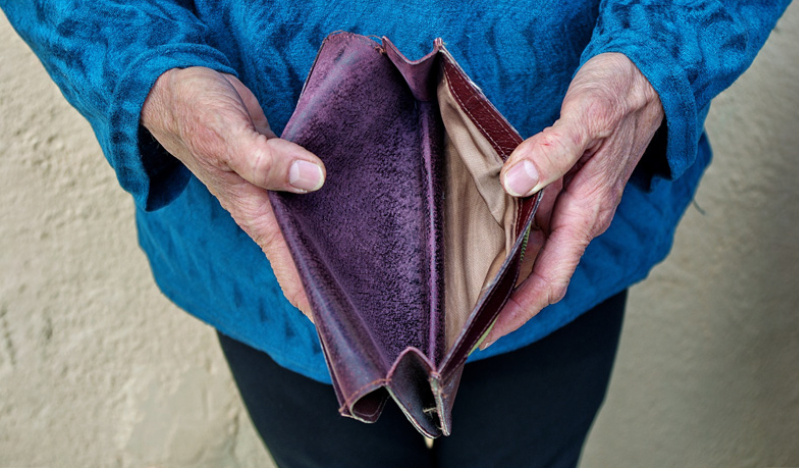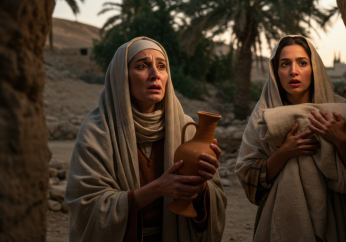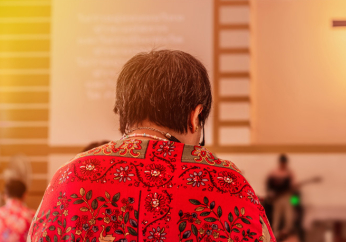
Finding hope amidst debt and isolation in the battle against a crisis unseen
Christians Against Poverty UK has released its 2025 Client Report and declares that there is "no time to lose". The rising cost of living, alongside issues like low incomes and mental health, is fueling a deepening poverty crisis across the UK. But churches can be part of the solution, just as Jolene experienced.











